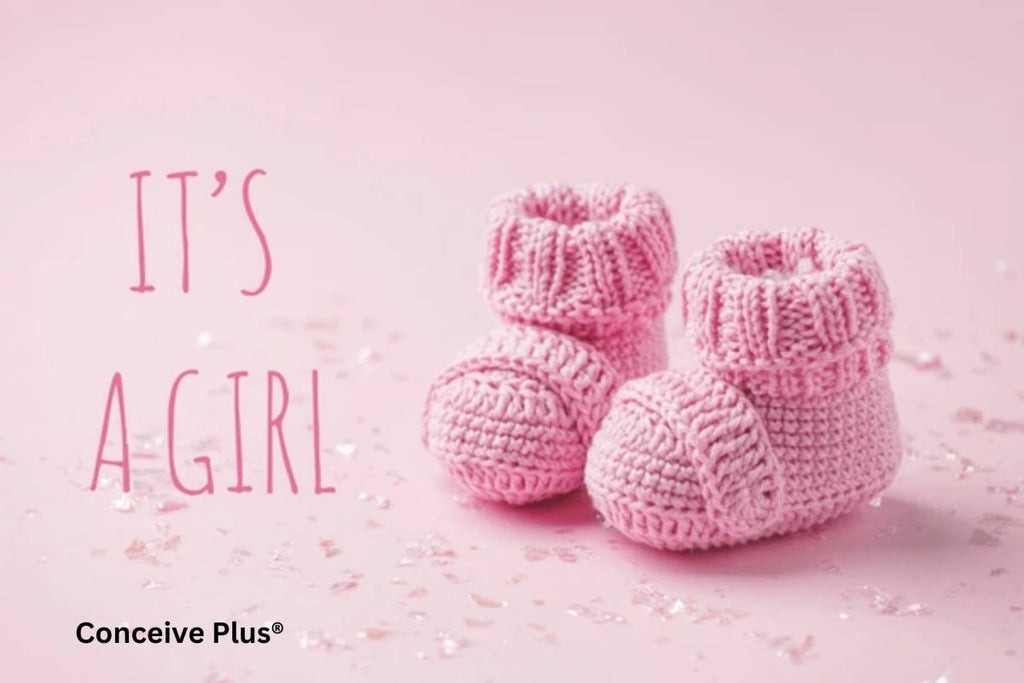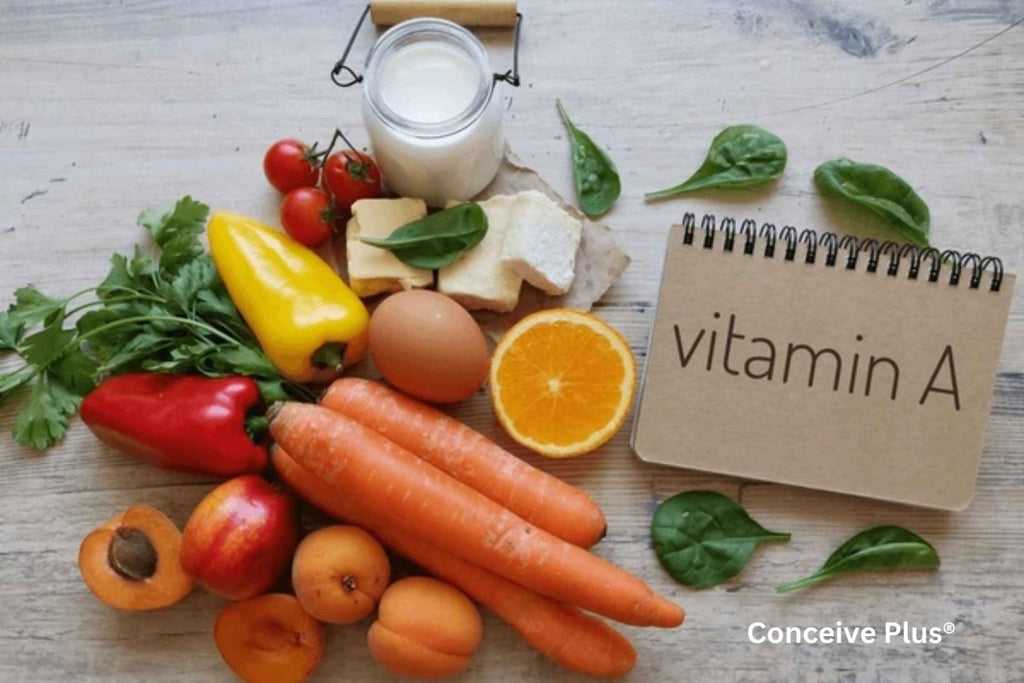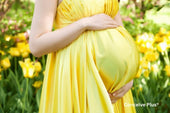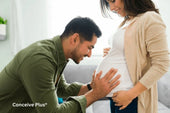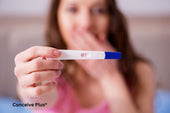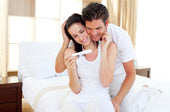What to Avoid After Ovulation to Get Pregnant?
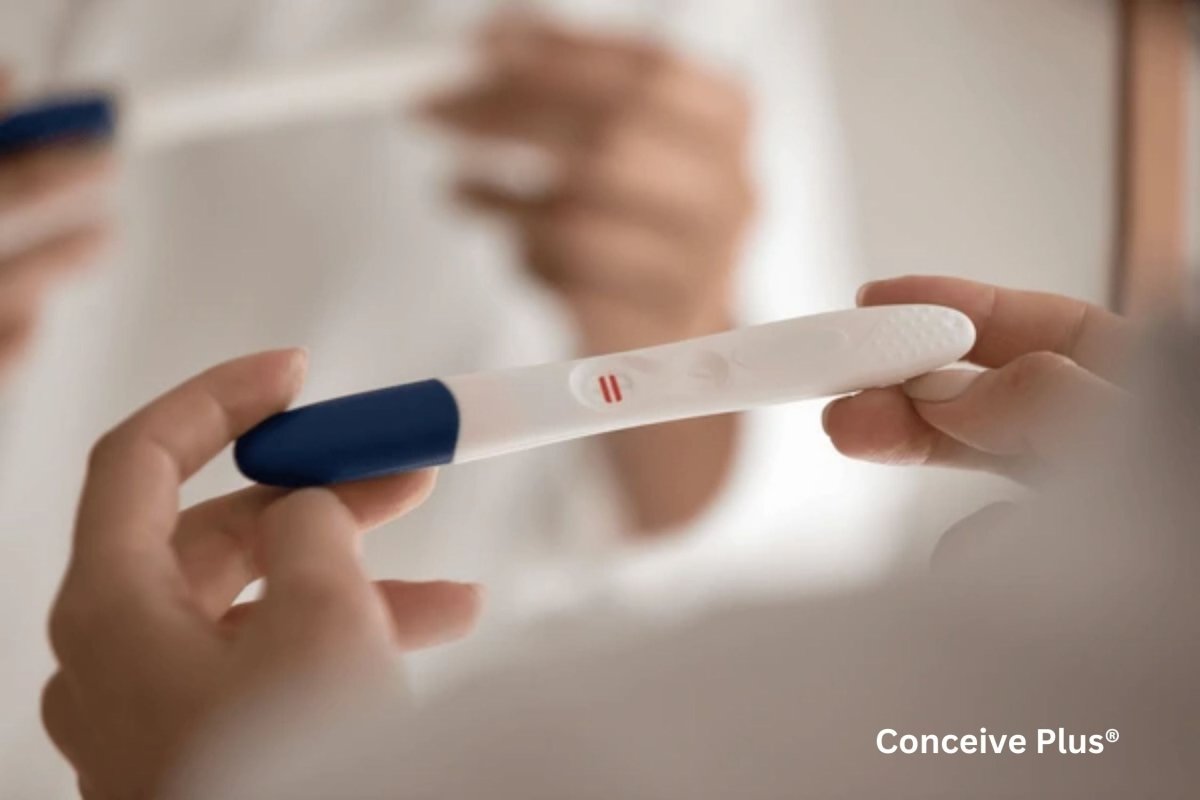
Ovulation is the time when one of the two female ovaries releases a mature egg. Conception is only possible after ovulation when a sperm fertilizes the egg. However, planning intercourse around the days of ovulation doesn't guarantee fertilization or pregnancy, and there are many other factors to consider [1].
Optimizing female fertility health is essential to facilitate the sperm and egg union for fertilization. Factors like stress, poor diet, and substance abuse can hinder this process and lower your chances of getting pregnant.
In this article, we will talk about what to avoid after ovulation to get pregnant or what to avoid when trying to get pregnant. The article also explains what to do after ovulation to increase your chances of getting pregnant.
Things to Avoid After Ovulation to Get Pregnant
Taking care of your body and lifestyle choices after ovulation can increase your chances of conception. Here are some common factors to avoid for conception as they negatively impact female fertility health:
-
Excessive Stress
Chronic stress is one of the major culprits of hormonal imbalance. Studies show that high stress levels can lead to irregular cycles and may interfere with implantation [2]. The preparation of the uterine lining for pregnancy relies on hormones such as estrogen and progesterone.
Stress can cause imbalances in these hormones, which may lead to a uterine lining that isn’t suitable for implantation. You can practice stress-relieving techniques like yoga, meditation, and deep breathing exercises to support your fertility health.
-
Intense Exercise
It is good to stay active as it helps regulate circulation and hormonal balance. However, intense exercise may not be suitable if you are planning to conceive. Studies show that high-impact workouts can negatively affect your fertility health and, thus, your chances of getting pregnant [3].
Strenuous exercise can alter hormone levels and impact the uterine lining, making it harder for the fertilized egg to implant. Instead, you can choose moderate-intensity activities like walking or light stretching.
-
Smoking and Alcohol Consumption
Studies show that substance abuse like smoking and drinking alcohol can harm both egg quality and implantation [4]. Nicotine and toxins in cigarettes can interfere with fertility hormones and harm egg quality.
Similarly, alcohol abuse can lead to an imbalance of fertility hormones like estrogen and progesterone. It’s best to quit smoking and avoid alcohol completely to increase the chances of success when trying to conceive.
-
Unhealthy Diet
When planning to conceive, it's important to understand what foods stop you from getting pregnant. A 2023 study shows that a diet high in processed foods, sugar, and unhealthy fats can negatively impact fertility health [5].
Avoid junk food and focus on a balanced diet rich in whole grains, lean proteins, healthy fats, and plenty of fruits and vegetables. Such a healthy diet will supply essential nutrients for fertility, like folate, vitamin D, iron, and calcium.
-
Caffeine Overload
Excessive caffeine consumption, especially from coffee or energy drinks, can hinder your ability to conceive. A 2022 study shows that caffeine consumption raises the risk of pregnancy loss [6]. If you still want to consume caffeine, like in the form of coffee, limit it to no more than 200 mg per day, which is about one cup of coffee.
-
Medications Without Prescription
Certain over-the-counter and prescription medications can harm female fertility health and her chances of getting pregnant. Nonsteroidal anti-inflammatory drugs (NSAIDs), antidepressants, and hormonal treatments can interfere with ovulation or implantation, potentially reducing the chances of pregnancy for women. Avoid taking any medication without consulting your doctor to ensure it’s safe when trying to conceive.
-
Lack of Rest and Sleep
Poor sleep quality or insufficient rest can lead to stress and disrupt your body’s hormonal balance. Your goal should be to get 7 to 8 hours of sleep each night to support optimal reproductive health and overall well-being.
What to Do After Ovulation?
After ovulation, your focus should be on maintaining a balanced diet with a healthy lifestyle. You can start taking prenatal vitamins to prevent nutritional deficiencies and prepare for pregnancy-related changes. The nutrients in prenatal supplements, like folic acid, iron, and vitamin D, are essential for a healthy pregnancy.
Understanding the timeline of conception can also be helpful; knowing how many days after ovulation are you pregnant can guide you in determining the best time to test for pregnancy and plan accordingly.
If you are planning intercourse on the day of ovulation, make sure to use fertility-friendly lubricants only, like Conceive Plus Fertility Lubricant, during intercourse. Such lubricants help create a sperm-friendly environment and improve the chances of conception.
The Bottom Line
When a couple is trying to conceive, planning intercourse at the right time is one the most essential factors to achieve success. However, in addition to this, there are many other factors that can influence conception and one should understand what to avoid after ovulation to get pregnant.
Stress, poor diet, substance abuse, and intense exercise are some of the things a woman should avoid when trying to get pregnant. These factors can greatly impact the female fertility health and her chances of getting pregnant after ovulation. Things that a woman should do to boost fertility are focusing on maintaining a healthy lifestyle and seeking medical advice when needed.
Resources Used
- Trying to get pregnant? Here’s when to have sex. (n.d.). ACOG. https://www.acog.org/womens-health/experts-and-stories/the-latest/trying-to-get-pregnant-heres-when-to-have-sex
- Nagma, S., Kapoor, G., Bharti, R., Batra, A., Batra, A., Aggarwal, A., & Sablok, A. (2015). To evaluate the effect of perceived stress on menstrual function. JOURNAL OF CLINICAL AND DIAGNOSTIC RESEARCH. https://doi.org/10.7860/jcdr/2015/6906.5611
- Brinson, A. K., Da Silva, S. G., Hesketh, K. R., & Evenson, K. R. (2023). Impact of physical activity and sedentary behavior on spontaneous female and male fertility: a systematic review. Journal of Physical Activity and Health, 20(7), 600–615. https://doi.org/10.1123/jpah.2022-0487
- Nardone, A., Garifalos, F., Pivonello, C., Sansone, A., Conforti, A., Dato, C. D., Sirico, F., Alviggi, C., Isidori, A., Colao, A., & Pivonello, R. (2020). Smoke, alcohol and drug addiction and female fertility. Reproductive Biology and Endocrinology : RB&E, 18, 21. https://doi.org/10.1186/s12958-020-0567-7
- Łakoma, K., Kukharuk, O., & Śliż, D. (2023). The influence of metabolic factors and diet on fertility. Nutrients, 15(5), 1180. https://doi.org/10.3390/nu15051180
- Jafari, A., Naghshi, S., Shahinfar, H., Salehi, S. O., Kiany, F., Askari, M., Surkan, P. J., & Azadbakht, L. (2022). Relationship between maternal caffeine and coffee intake and pregnancy loss. Frontiers in Nutrition, 9. https://doi.org/10.3389/fnut.2022.886224




